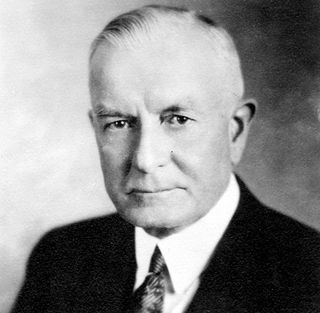A Quote by Michael Dell
Every breakthrough business idea begins with solving a common problem. The bigger the problem, the bigger the opportunity. I discovered a big one when I took apart an IBM PC. I made two interesting discoveries: The components were all manufactured by other companies, and the system that retailed for $3,000 cost about $600 in parts.
Related Quotes
The first and foremost duty of the high school in teaching mathematics is to emphasize methodical work in problem solving...The teacher who wishes to serve equally all his students, future users and nonusers of mathematics, should teach problem solving so that it is about one-third mathematics and two-thirds common sense.
Clipper took a relatively simple problem, encryption between two phones, and turned it into a much more complex problem, encryption between two phones but that can be decrypted by the government under certain conditions and, by making the problem that complicated, that made it very easy for subtle flaws to slip by unnoticed. I think it demonstrated that this problem is not just a tough public policy problem, but it's also a tough technical problem.
In the '50s and in the '60s, the private insurance system originally was a benefit for the bureaucrats in Germany. And this system became ever bigger because the private insurance industry lobbied successfully for making this system bigger. In the '70s and in the '80s, they managed to find a system where they could take everyone beyond 40,000 euros income per year but didn't have to take everyone. So they only took those that had both high income and a secure job and who was not ill at that time.
You know how it always is, every new idea, it takes a generation or two until it becomes obvious that there's no real problem. It has not yet become obvious to me that there's no real problem. I cannot define the real problem, therefore I suspect there's no real problem, but I'm not sure there's no real problem.



































